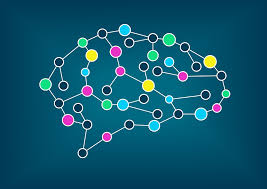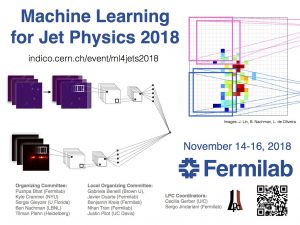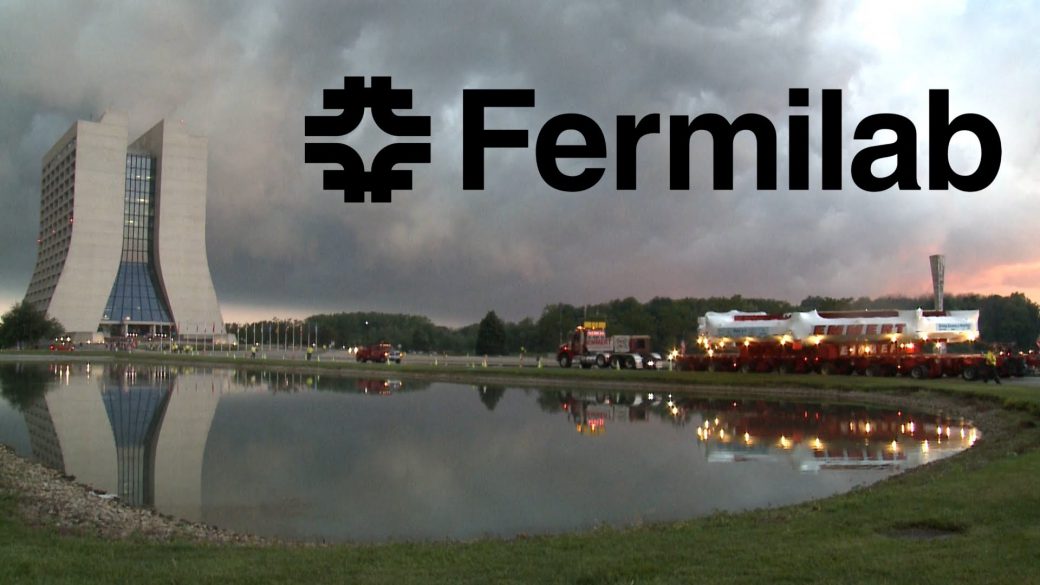Fermilab:
During 2024, our postdoc, Ruchi Chudasama, thanks to a 2024 LHC Physics Center Distinguished Researcher award, will continue working on end-to-end deep learning reconstruction and analyses related to rare Higgs decay searches with machine learning. She will additionally work on the CMS High Granularity Calorimeter with the focus on hexaboards and ECON testing, an effort that my group has made significant contributions to since 2022.
During 2023, thanks to a third US CMS Software and Computing R&D for HL-LHC award, our postdoc Ruchi Chudasma, worked on end-to-end deep learning reconstruction, integration and benchmarking with heterogeneous computing using Fermilab and NERSC Perlmutter resources. She has successfully carried out the project and presented results at CHEP 2023.
During 2020 – 2022, thanks to two US CMS Software and Computing R&D for the HL-LHC awards, our postdoc, Davide di Croce, carried out a program of integration and benchmarking of the end-to-end deep learning in CMS on heterogeneous computing. This project both made latest machine learning reconstruction advancements accessible to the full collaboration and investigated optimized inference and training on heterogeneous computing for HL-LHC. This project built on an earlier GSoC 2020 project on “End-to-End Deep Learning Reconstruction for the CMS Experiment”
As a Fermilab 2019 LHC Physics Center Distinguished Researcher, I was resident at Fermi National Laboratory in Batavia, Illinois, working on development of latest machine learning techniques for Higgs boson decays, dark matter searches, end-to-end deep learning, trigger and deep learning for high-granularity endcap calorimeter and High-Luminosity Large Hadron Collider.
I worked on further expanding the machine learning applications at the LPC, including end-to-end learning, Higgs to fermions and detector upgrades. This work built upon latest results in rare Higgs decays into di-muons and End-To-End Deep Learning for Event Classification in combining the latest machine learning algorithms directly with low-level detector data. Additionally, I have worked on the High Luminosity Large Hadron Collier (HL-LHC) Phase II upgrade to the CMS trigger with advanced machine learning applications for real-time event selection.
I also organized local machine learning efforts at the LPC and collaborated with scientists from cosmic and intensity frontier experiments and Fermilab’s Computing Division on machine learning research and development projects.
As a Fermilab 2018 LHC Physics Center Distinguished Researcher, I have worked on development of machine learning techniques for the rare Higgs boson decays into di-muons, Higgs boson decays into bottom quarks, end-to-end learning and am leading the overall machine learning efforts of the CMS experiment.

I have served on the LHC Physics Center (LPC)’s Events Committee and organize machine learning and physics events at Fermilab, CERN and internationally: LHCP2019, SUSY2019, CMSFlavourTagging2019, ML4Jets2018, CPAD2018, CHEP2018, ACAT2017.
In November 2018, I co-chaired the Machine Learning for Jet Physics (ML4Jets2018) International Workshop at Fermilab, attracting 130 participants from around the world, including theorists, phenomenologists, experimentalists and data scientists, who gathered to discuss the latest progress in this area. There is a Fermilab News article about ML4Jets2018.

On November 2018, I gave a Fermilab Wine and Cheese seminar on the topic of “Deep Learning for the Future of Particle Physics”

I also organize and teach machine-learning and data analysis schools and workshops at the LPC, such as Machine Learning HATS in 2018 and 2019 and CMS Data Analysis School (CMSDAS2019). For more on my teaching, please see my Teaching page.
